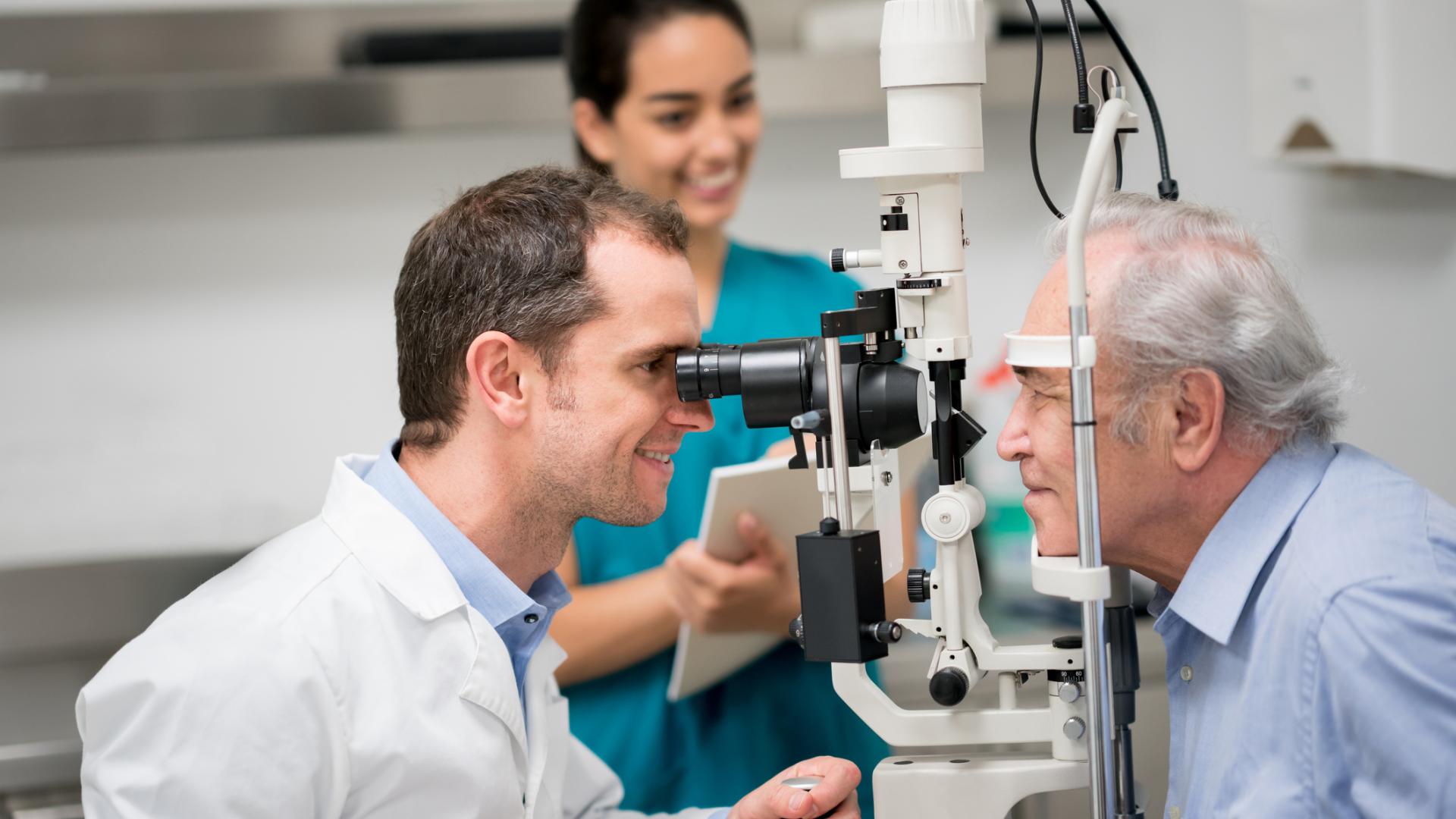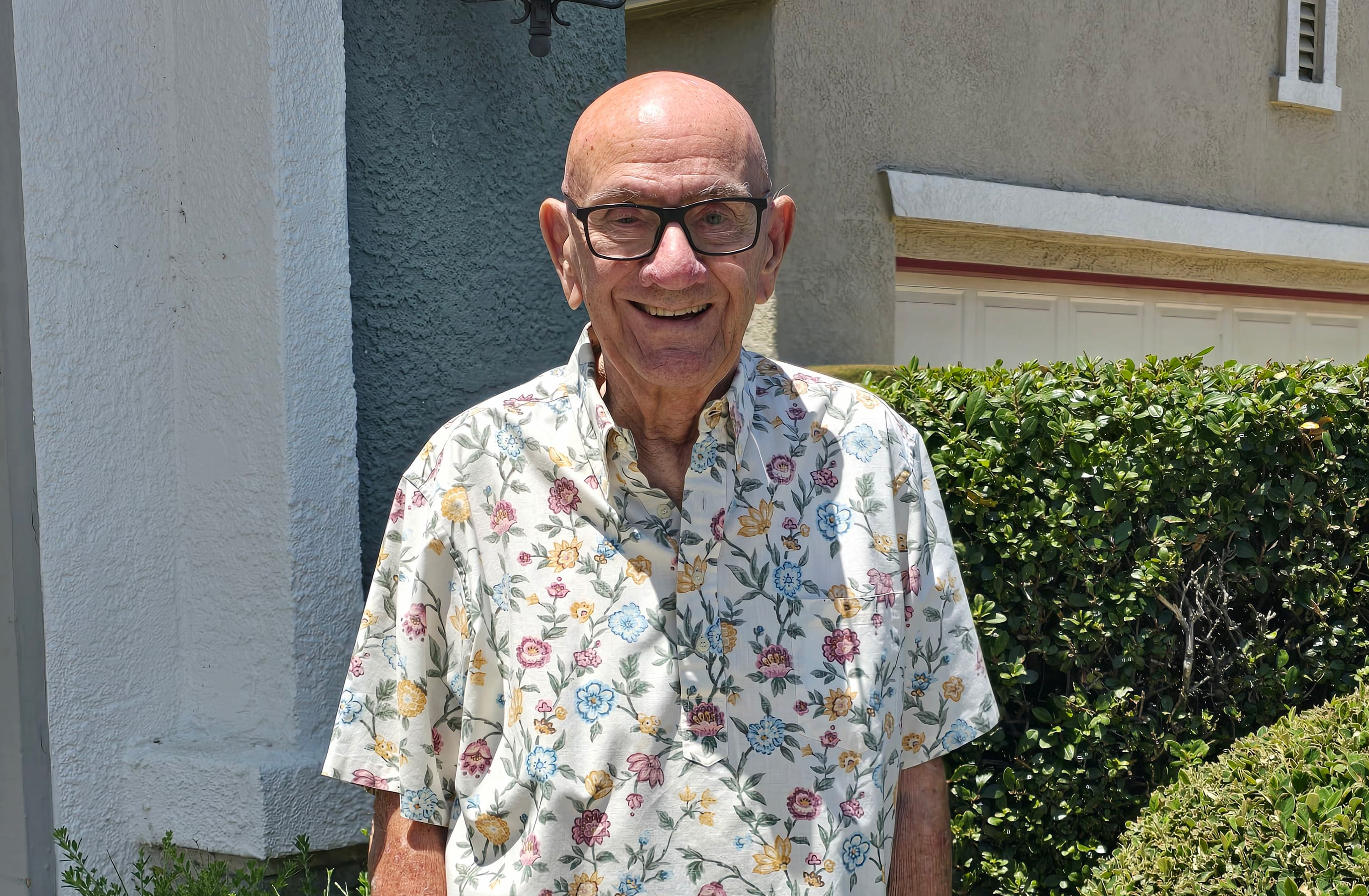
Choosing the “best” ophthalmologist for glaucoma surgery can be a daunting task. In this article, an ophthalmologist outlines the steps she would take in order to identify a surgeon for herself or family member.
Glaucoma Surgery Training
I would recommend first identifying a glaucoma fellowship-trained ophthalmologist. Ophthalmologists undertake four years of ophthalmology residency after medical school, and while it is true that we learn glaucoma surgery in residency, the exposure is more limited.
After residency, an ophthalmologist can then complete a one-year glaucoma fellowship. During this intensive year, the fellow focuses on glaucoma clinical care and surgery. They are often performing many different types of glaucoma surgery under the direct supervision of glaucoma specialists, typically at an academic center.
After this fellowship year, ophthalmologists then begin practicing glaucoma and often comprehensive ophthalmic care. In addition, it is typically at this stage that an ophthalmologist will pursue “board certification” with the American Board of Ophthalmology (ABO). This involves passing both a written and oral examination, and I would recommend identifying an ophthalmologist who is “board certified” by searching for them at the ABO website.
In addition, another good resource to cross check is whether they are a member of the American Glaucoma Society. While it is not imperative that your surgeon be an AGS member, it does signify that they are more likely to be attending annual meetings and staying up to date in the field.
Word of Mouth Referrals
I would next consider word of mouth referrals. This can include the ophthalmologist or optometrist who might be referring you, or asking your primary care physician. I would also ask friends and family, although of course individual experiences may be more varied.
Where to Seek Glaucoma Surgery Care
Another consideration is whether to seek care at an academic center, large medical group, or private practice. There are advantages and disadvantages for all of these, and I would say in general that an academic center is likely to see more complex patients, as they are referral centers, whereas the advantage of a private practice is that there is often less bureaucracy and care may be delivered in a more efficient manner. But you may not have a choice of what type of practice you engage with given insurance issues. Accessibility is also an issue – you want to make sure that if you have problems postoperatively that you will have access to care, especially after hours and on weekends.
Experience of the Glaucoma Surgeon
I would consider the experience of the surgeon. This does not necessarily mean choosing a surgeon who is older or out of training for a longer period. I say this because the field of glaucoma surgery is rapidly changing, and it’s possible that a younger surgeon may have more experience with newer surgeries, such as MIGS (minimally invasive glaucoma surgery). That being said, many surgeons who are older have also rapidly adopted newer surgeries, and their experience in performing eye surgery generally serves them well. Therefore, when meeting with your surgeon, be sure to ask them what their experience is with the particular surgery they are recommending. They will not be offended, and will understand that you are trying to determine what’s best for you.
During your visit with the surgeon, I would evaluate how carefully the surgeon explains why they are recommending a particular surgery for you. I would ask them about their experience, the risks and benefits of the surgery, and whether they would choose the same surgery for their own eye. Also, try to evaluate how well the surgeon is listening to your needs and preferences. It is important that both of you are on the same page with regards to the reasons underlying the surgery and the expected outcome.
Obtain a Second Opinion
I would consider seeking a second opinion (if you can) before you undergo glaucoma surgery. But do not be surprised if the opinion is different. This of course can be confusing, but because ophthalmologists have more surgical options for treating glaucoma now, different surgeons may have different preferences for surgeries. While all ophthalmologists should look at the published literature reporting surgical outcomes and best practices, it is true that often a surgeon will recommend a surgery that works best in “their hands.” A second opinion can help you verify whether the surgery recommended by one ophthalmologist is a reasonable option even if the second ophthalmologist recommends a different one.
Rapport and Trust
Finally, identifying the “best” ophthalmologist for glaucoma surgery may come down to the rapport and trust you have in a surgeon. But taking into consideration the above steps may help you in making a more informed decision.
About BrightFocus Foundation
BrightFocus Foundation is a premier global nonprofit funder of research to defeat Alzheimer’s, macular degeneration, and glaucoma. Since its inception more than 50 years ago, BrightFocus and its flagship research programs—Alzheimer’s Disease Research, Macular Degeneration Research, and National Glaucoma Research—has awarded more than $300 million in research grants to scientists around the world, catalyzing thousands of scientific breakthroughs, life-enhancing treatments, and diagnostic tools. We also share the latest research findings, expert information, and resources to empower the millions impacted by these devastating diseases. Learn more at brightfocus.org.
Disclaimer: The information provided here is a public service of BrightFocus Foundation and is not intended to constitute medical advice. Please consult your physician for personalized medical, dietary, and/or exercise advice. Any medications or supplements should only be taken under medical supervision. BrightFocus Foundation does not endorse any medical products or therapies.
- Perspectives
- Treatments









